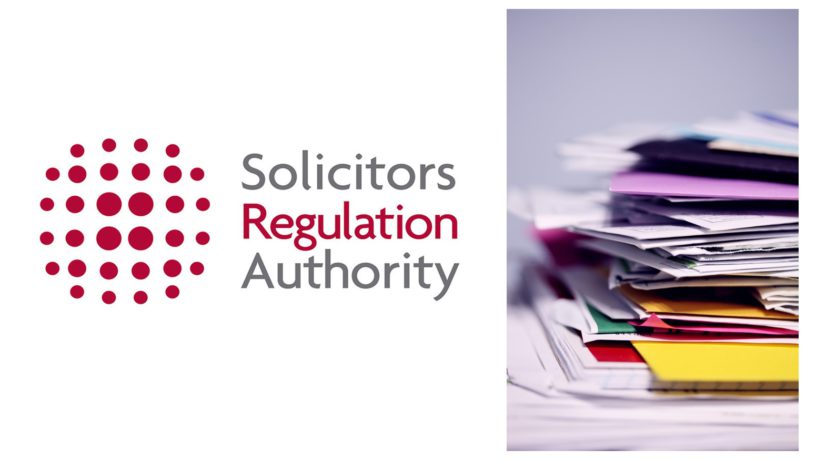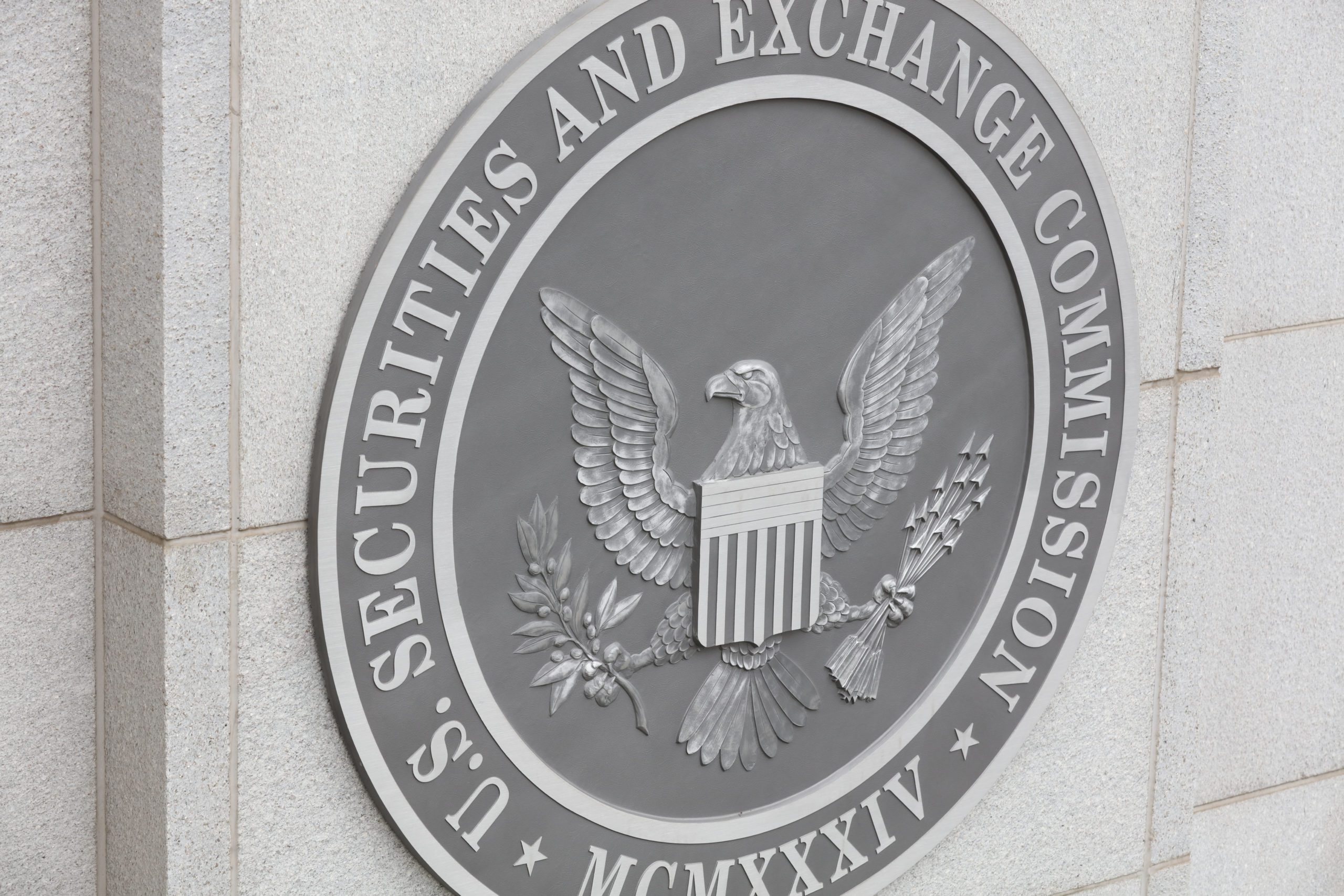By Dan Byrne for AMLi
IT IS ESSENTIAL for lawyers to know the origin of clients’ funds if they want to be considered effective fighters of financial crime, a British legal expert of SRA has warned.
Policy lead on AML for the UK’s Solicitor’s Regulation Authority Mark Boyle said lawyers should always ask about the money they may potentially work with, and ensure that thorough checks have been carried out before facilitating a transaction.
He also cautioned what he called a commonly held myth that solicitors need only to check whether a client has a UK bank account, the Law Society Gazette reported Monday.
“You really need to be checking how did the person get their money? Be it through salary, investment or gifts. It can be many legitimate means, but you need to understand that and be evidencing that,” Boyle told the SRA’s annual compliance conference.
He delivered his comments against the backdrop of compliance regulations – both in the UK and EU – that are becoming more stringent, placing more responsibility on financial institutions and legal firms.
The level of due diligence and know-your-customer protocols required under these new regulations, such as the recent 5AMLD laws, is increasing.
Legal staff are “arguably the only line of defence against being used for money laundering,” Boyle said.
He warned that in future, the SRA would be leaning more heavily on British legal firms to find out what they are doing to reduce money laundering risk within their business.
“It’s not the complicit solicitor or compliance officer who is the full part of the problem here,” he said. “It’s the complacent, the unwitting, and it’s the negligent. It’s those that see compliance as a tick-box exercise.”
The ‘tick-box’ approach has become a point of particular frustration for regulators and lawmakers in recent times. European Banking Federation chair José Manuel Campa heavily criticised the approach at a European Commission hearing on money laundering in October.
“We need formal compliance rather than effective compliance,” he told colleagues, at a time when Europe was still reeling from the fallout of the FinCEN files revelations – exposing widespread ‘tick-boxing’ in some of Europe’s biggest banks.
Share this on:
Follow us on:








